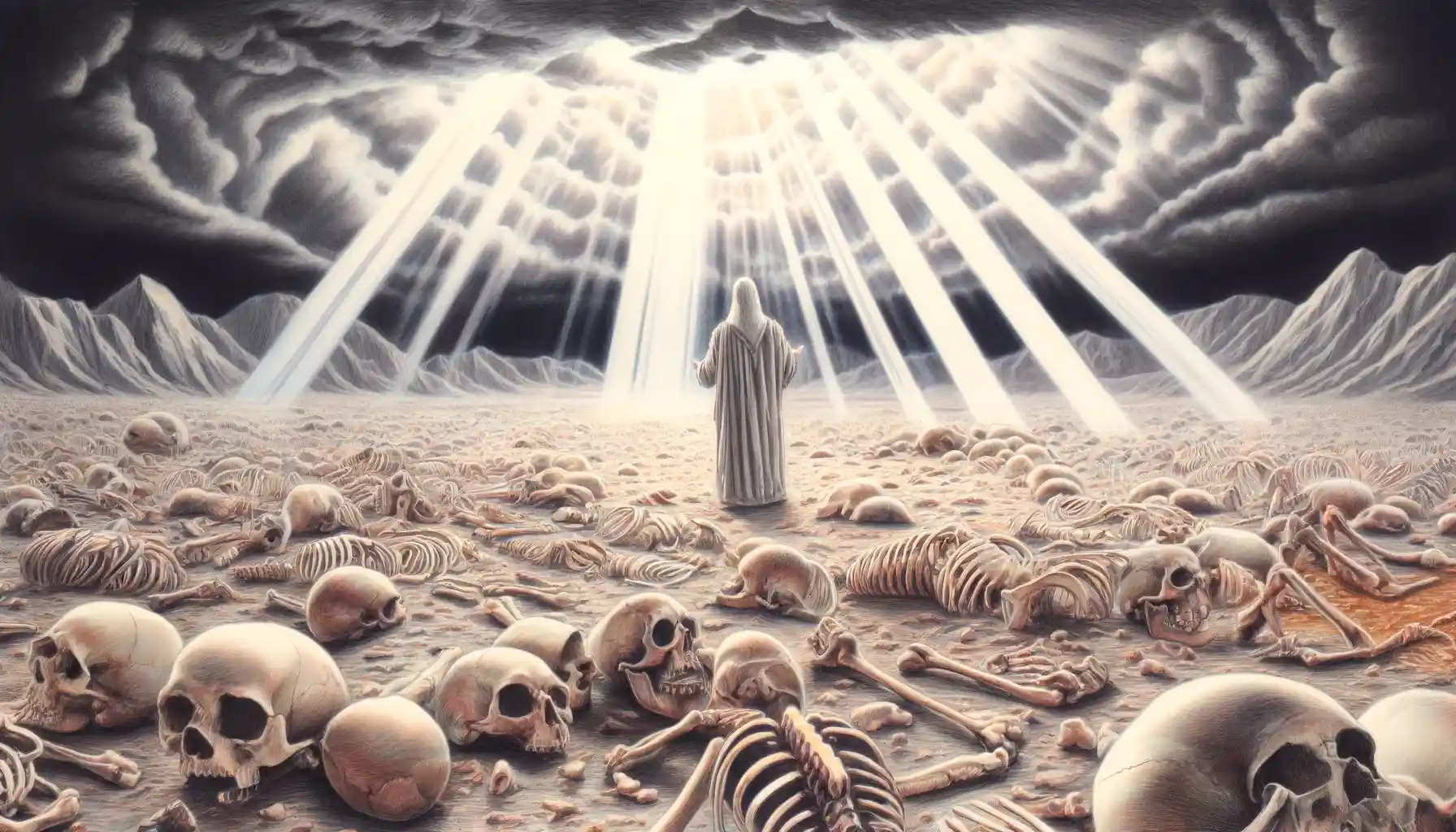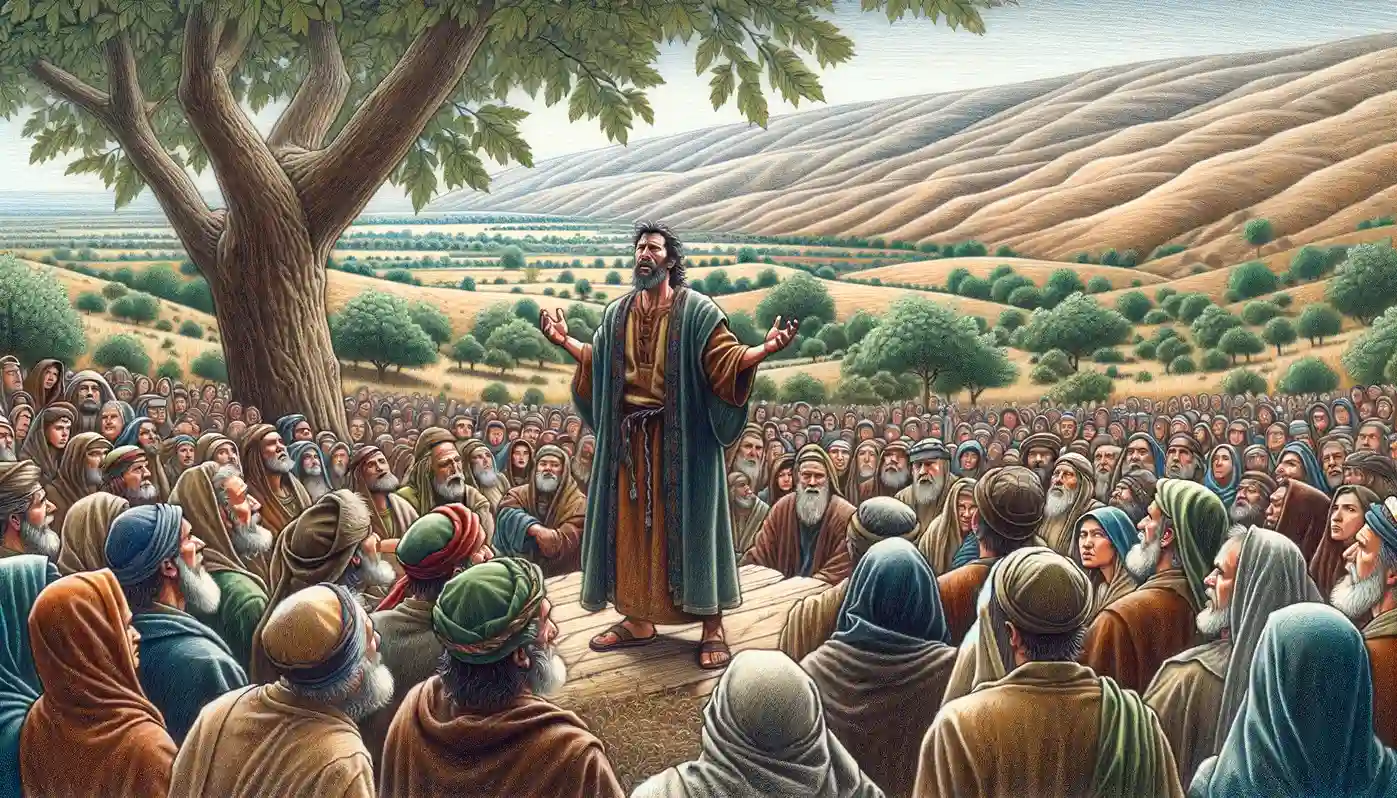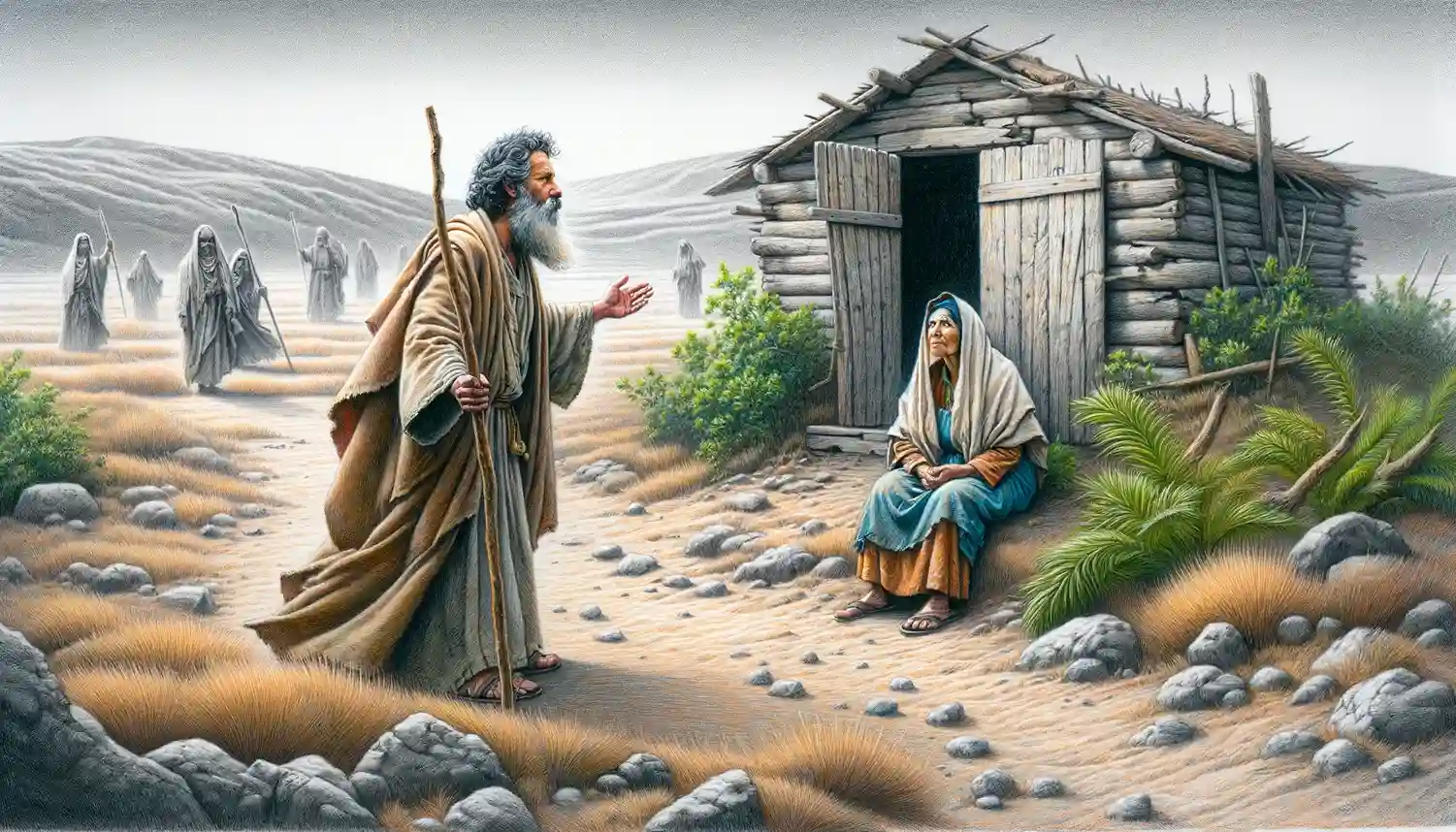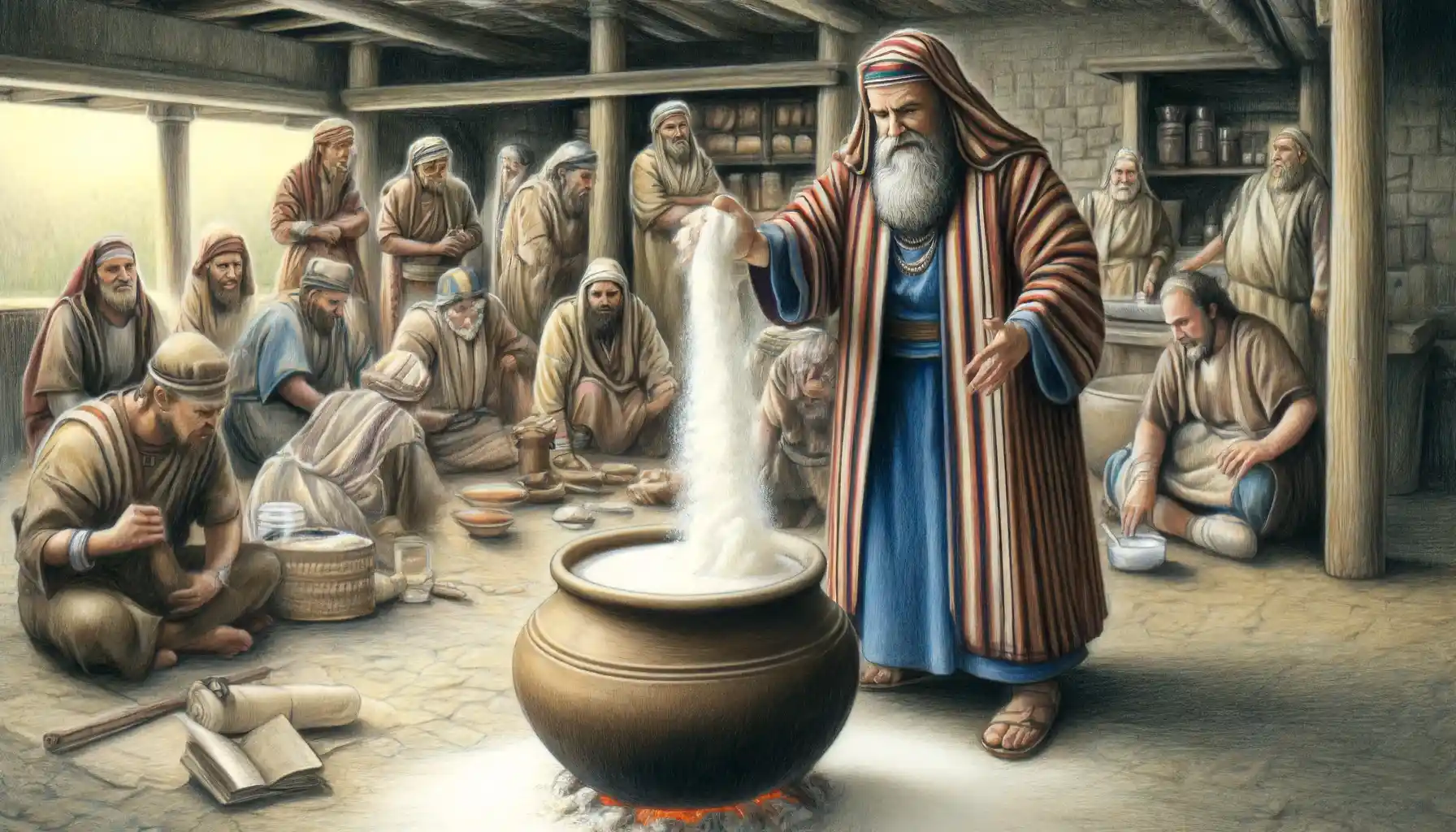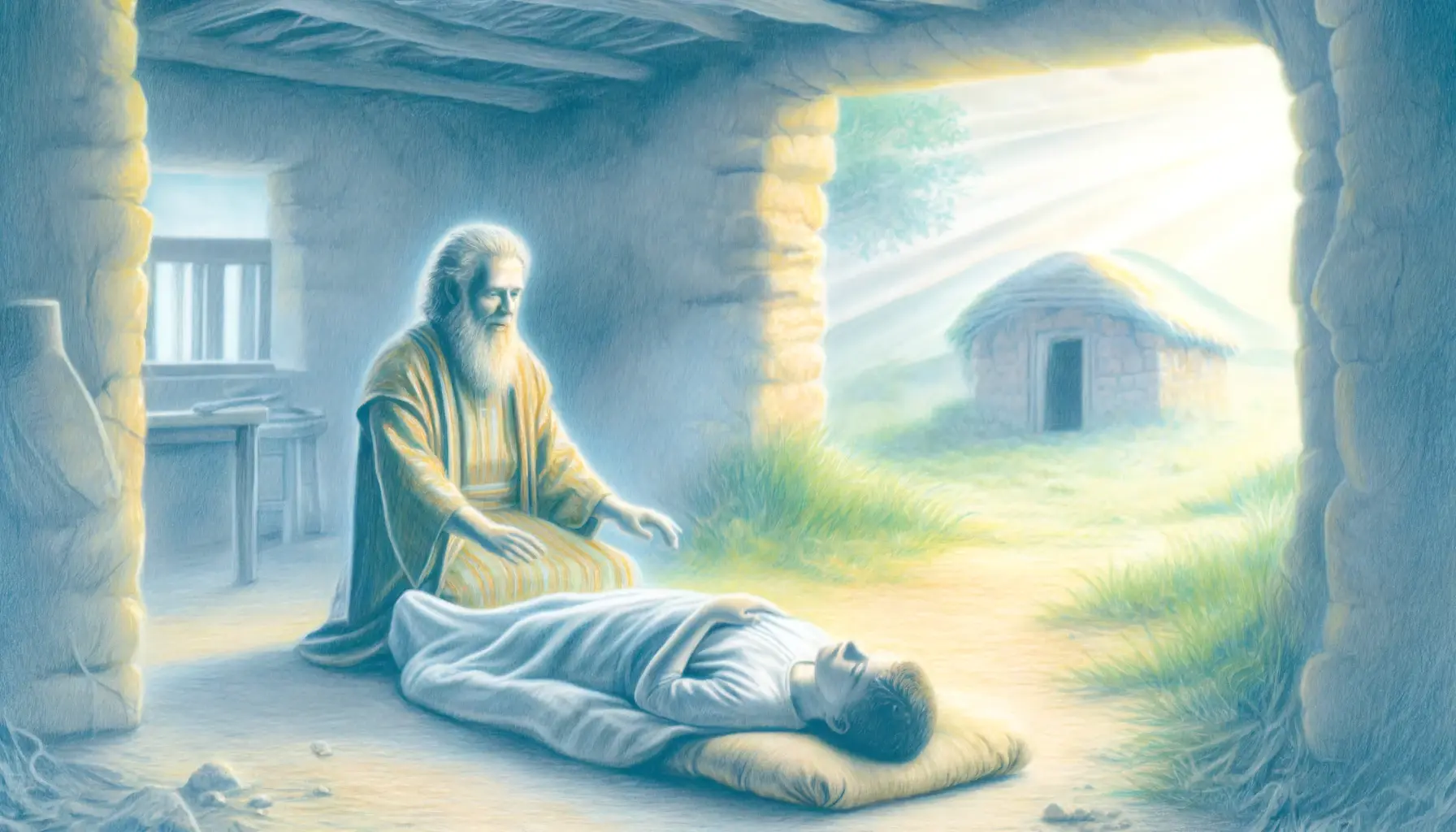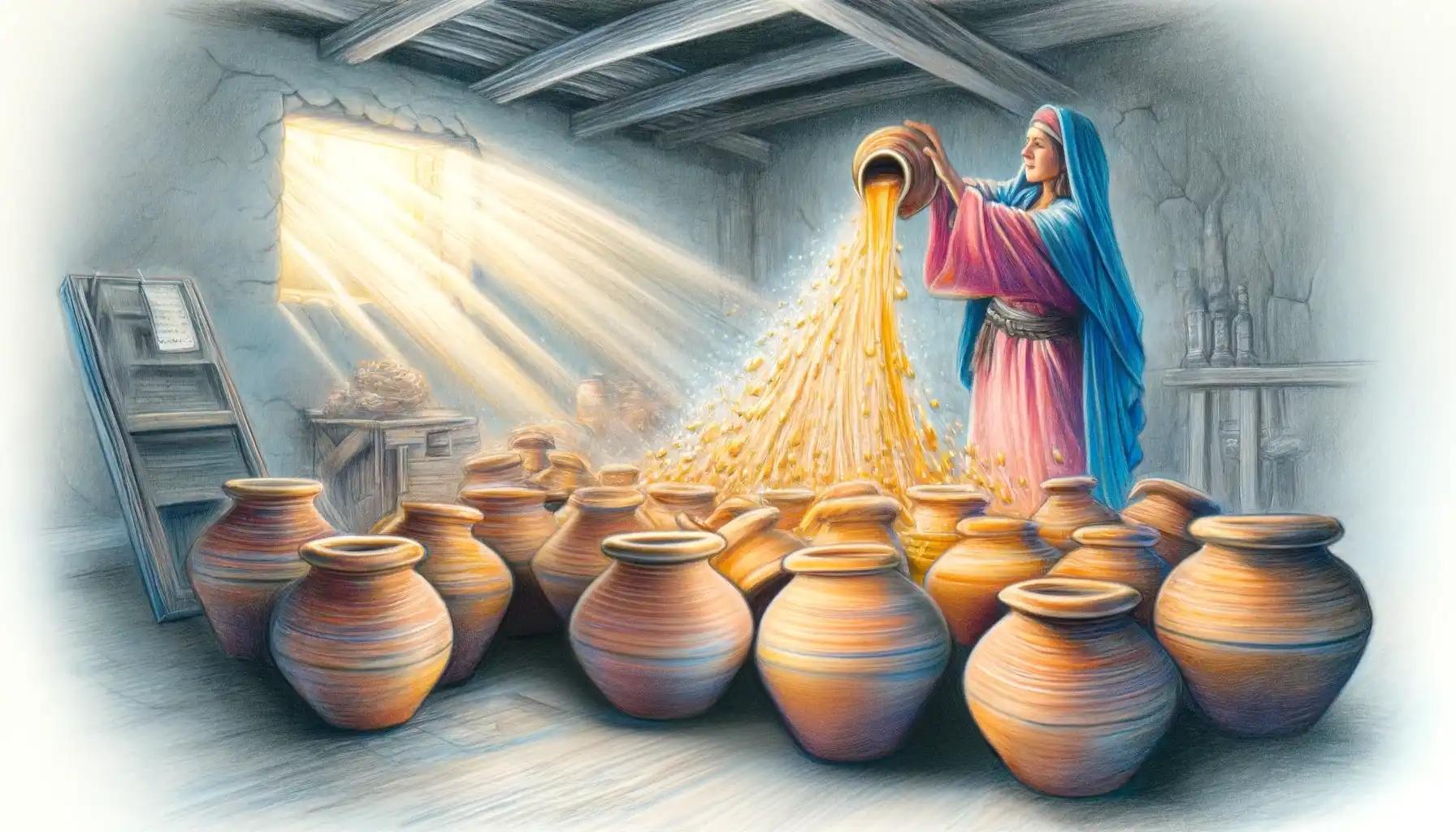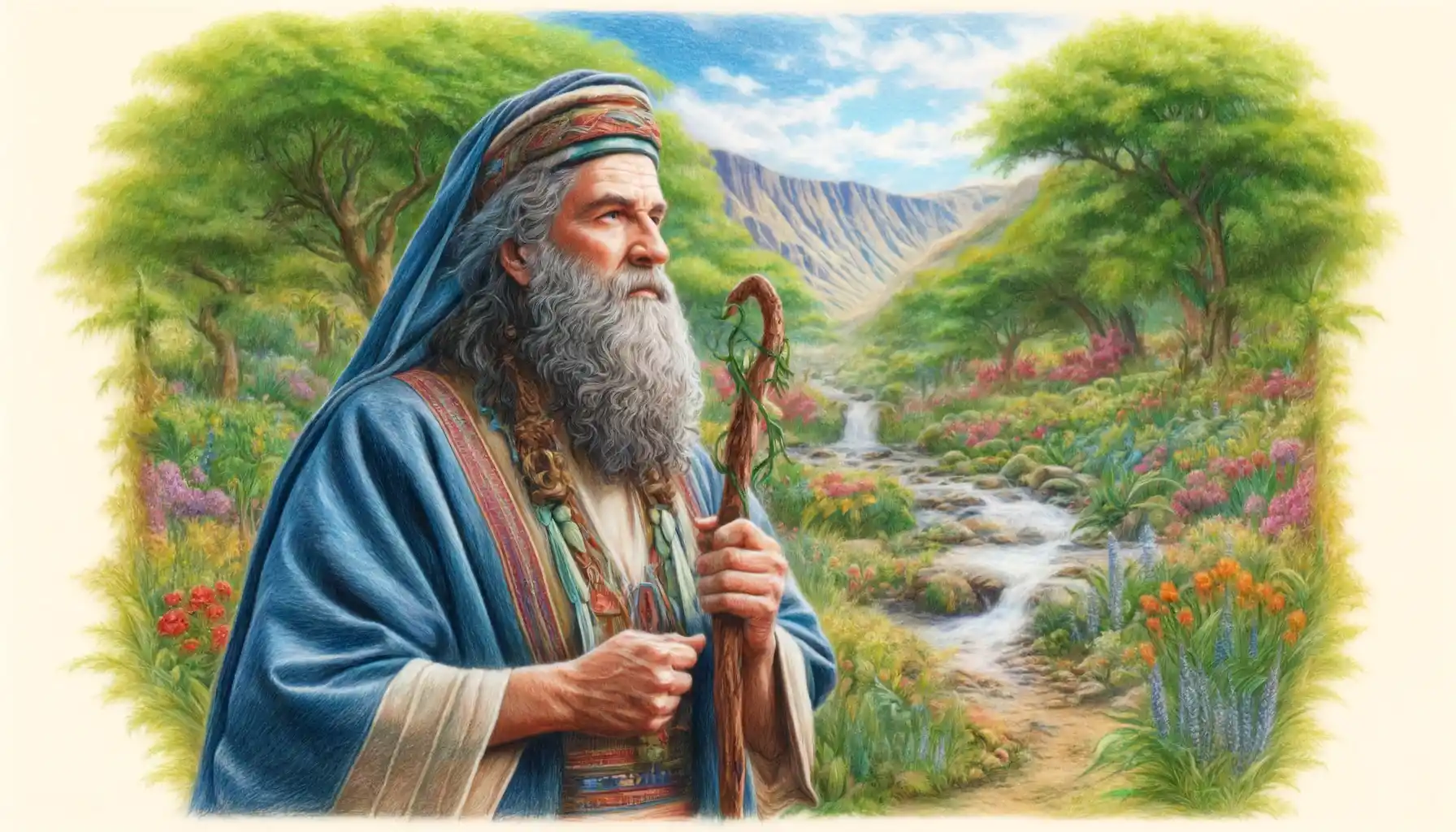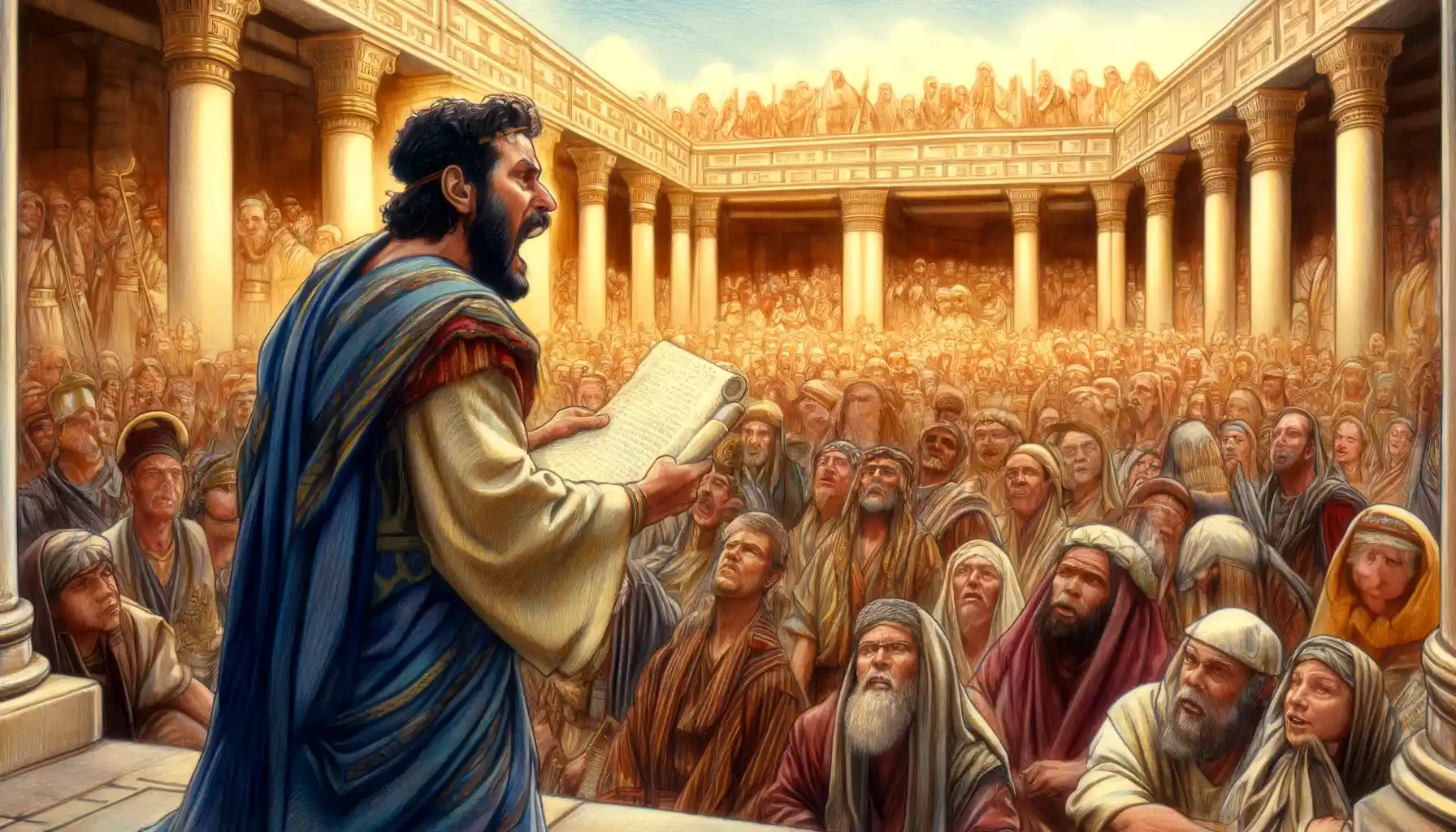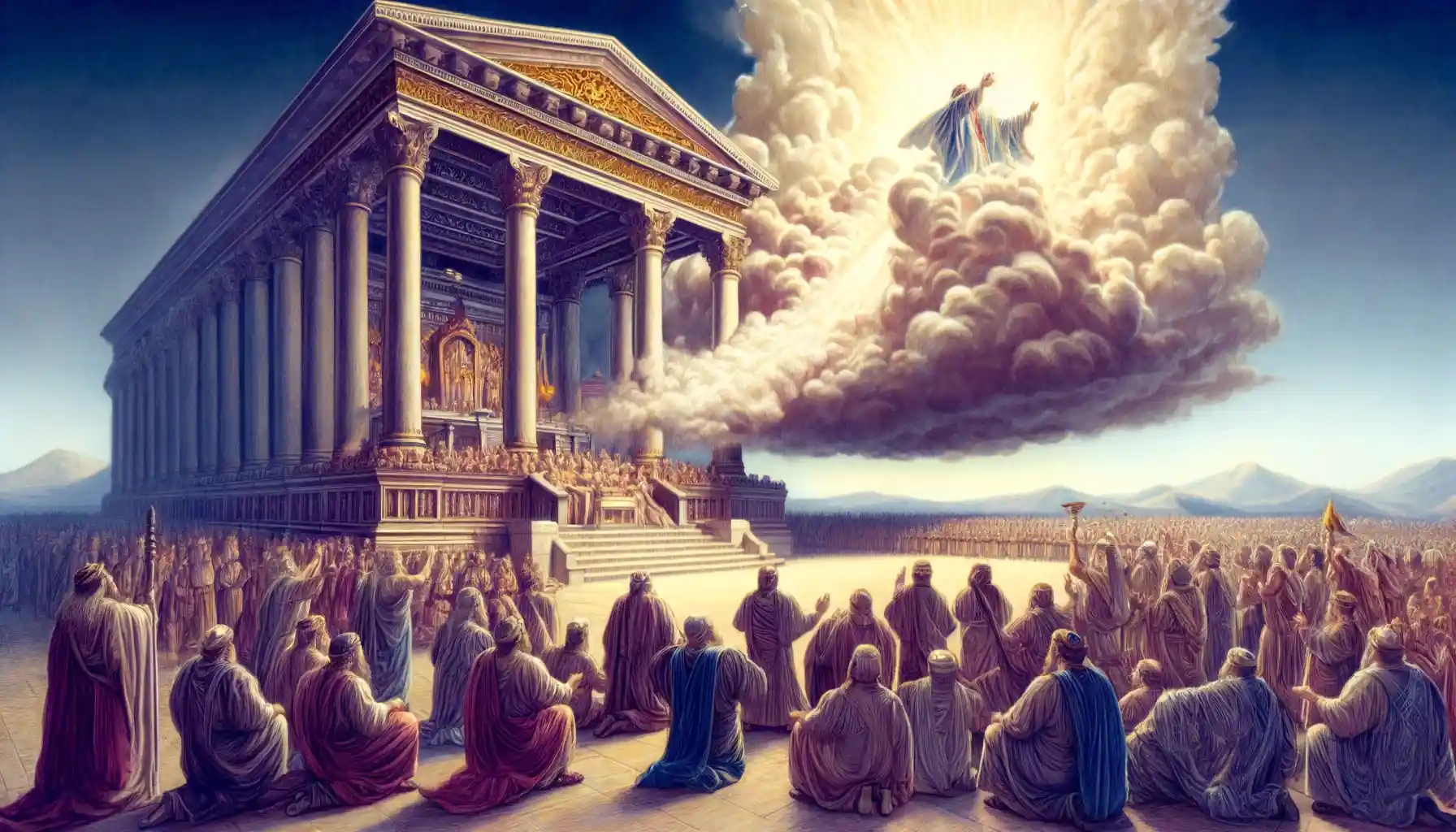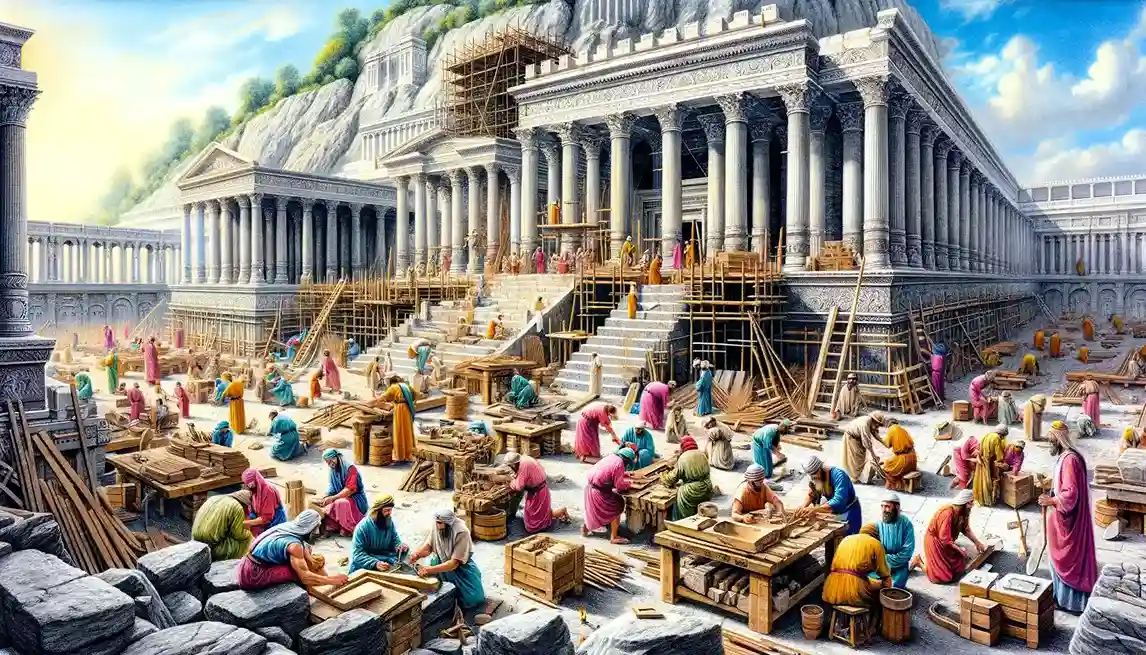Ezekiel, a prophet and priest during the Babylonian exile, is best known for his symbolic visions, including the vision of the valley of dry bones, which conveyed messages of hope, restoration, and divine presence to the exiled Israelites.
The Book of Amos is structured into oracles against the nations, speeches highlighting social injustices, and visions of judgment, all emphasizing themes of justice, true worship, and divine sovereignty, culminating in a message that covenantal obligations are fundamentally moral and ethical, demanding a society where equity and righteousness are upheld, ultimately affirming God’s commitment to both judgment and mercy.
Elijah’s flight to Zarephath in 1 Kings 17:3-9, following his prophetic confrontation with King Ahab, illustrates a critical juncture where God directs Elijah to a place outside Israel, demonstrating divine providence and protection, and highlights the extension of God’s grace and provision through a sustained miracle involving a widow’s endless supply of flour and oil, affirming the universality of God’s care beyond ethnic and national boundaries.
In 2 Kings 4:38-41, Elisha miraculously neutralizes a pot of poisonous stew by adding flour, transforming a deadly meal into a safe and nourishing one for the prophets during a famine, demonstrating God’s providence and the prophetic power to safeguard and sustain the community in times of crisis.
In 2 Kings 4:32-37, the resurrection of the Shunammite’s son by Elisha, through an intimate and miraculous act of physical contact, highlights the divine power over life and death and underscores the profound faith of the mother, illustrating the close, reciprocal relationship between God’s prophets and those they serve.
In 2 Kings 4:1-7, the narrative of the Widow’s Oil Multiplied showcases Elisha’s prophetic intervention as he instructs a desperate widow to multiply a small jar of oil by faith and obedience, thereby enabling her to pay off her debts and protect her family from slavery, illustrating God’s miraculous provision and care for the needy.
Elisha, the biblical prophet and successor to Elijah, is renowned for his miraculous ministry, including purifying waters, multiplying oil, resurrecting the dead, and healing Naaman’s leprosy, reflecting his profound impact on Israel through divine interventions and his significant role in the nation’s political and spiritual realms.
Jeremiah’s messages, marked by their intensity and range from despair to hope, offer a deep exploration of the challenges and responsibilities of being in a covenant relationship with God.
2 Chronicles thus acts as a mirror reflecting the spiritual health of Judah through its leaders, offering lessons on the importance of righteous leadership and fidelity to divine commands.
2 Kings provides a sobering conclusion to the history of the Israelite kingdoms, serving as a lesson on the importance of fidelity to God and the devastating consequences of its neglect.

